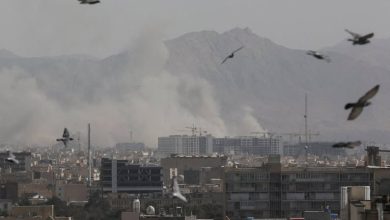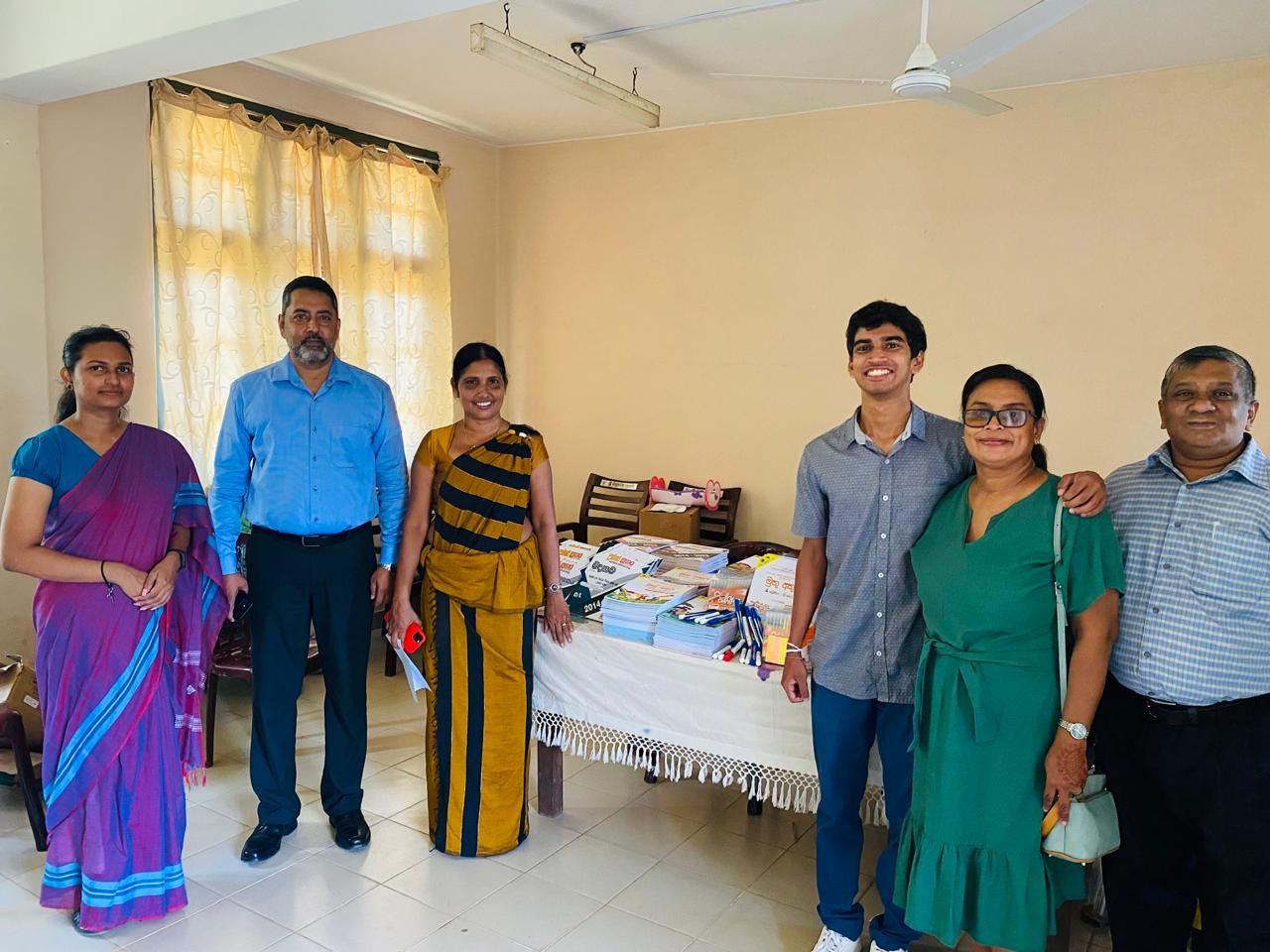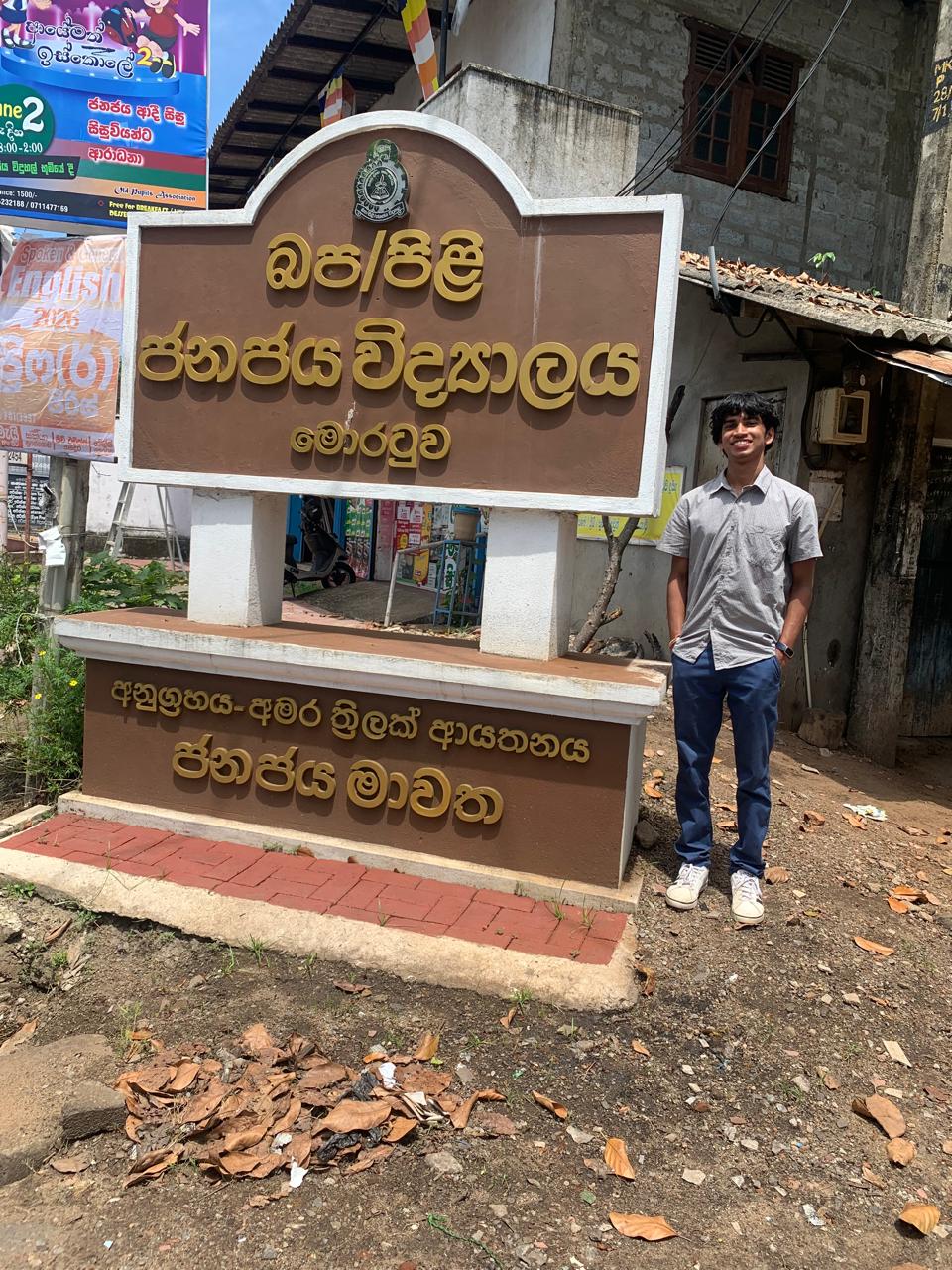WORLD BANK
Sri Lanka Human Capital Development: Realizing the Promise and Potential of Human Capital
Dr. Idah Pswarayi-Riddihough, World Bank Country Director for Nepal, Sri Lanka and the Maldives
Human Capital Report Launch
Colombo , Sri Lanka
As Prepared for Delivery
Distinguished guests, colleagues and friends. I am honored to commence our series of engagements on Human Capital Development in Sri Lanka.
Over the past six decades, Sri Lanka has focused on building the human capital of its people, and today, the country leads its South Asian neighbors on health and education. The World Bank is indeed proud to have been a steadfast partner with Sri Lanka as it moved along this commendable journey.
But will achieving primacy in the region be enough for Sri Lanka to succeed in today’s rapidly evolving knowledge economy? As you know, technology and automation are radically changing the very nature of work and reshaping industry. Children who are in primary school today are likely to work in jobs that may not even exist right now.
How then, should Sri Lanka prepare for this new world that is emerging? Clearly, the answer lies in its people for, undoubtedly, they are a country’s most valuable resource. Thus, investing in their human capital is going to be the most important decision a country can make to secure its future.
But what exactly do we mean by human capital? In simple terms, human capital is the knowledge, skills and health that people have built over their lifetime that enables them to live to their full potential as productive members of society. It requires strong nutrition and healthcare, along with good quality schooling – rather than just years of schooling – and the development of socially and economically relevant skills.
Given the vital importance of human capital for a country’s future, the World Bank launched the Human Capital Project in 2018. The project includes the new Human Capital Index which seeks to measure and forecast a country’s human capital by following the life-cycle of a child from birth to adulthood.
The report finds that in 2019, Sri Lanka performs only moderately well globally, with an overall score of 58 percent, and a ranking of 74 out of the 157 countries included in the Index. In other words, if current education and health conditions persist, a child born in Sri Lanka today will be a little more than half as productive (58% as productive) as she or he could have been if they had the benefit of a complete education and enjoyed full health. By contrast, children born in Singapore today can expect to achieve 88 percent of their full potential, while those in Japan and Korea can reach 84 percent. And while Sri Lanka is the best performing country in South Asia, it lags behind East Asian countries such as China, Malaysia, Mongolia, Thailand, and Vietnam in terms of human capital.
Importantly, the report delves into detail while analyzing the human capital attainments of each province. Since education and health are both subjects that are devolved to the provinces, provincial level policy makers and officials will find these results particularly useful, enabling them to chart their way forward and formulate policies accordingly.
In sum, developing its human capital to a new and higher level will be key for Sri Lanka to become the upper-middle-income economy it seeks to be. And we look forward to continuing our work with the Government to realize the country’s full promise and potential.
Speech
Tamil: http://wrld.bg/JTKf50wt90j
Sinhala: http://wrld.bg/v2im50wt90l
English: http://wrld.bg/RbCt50wt90m






